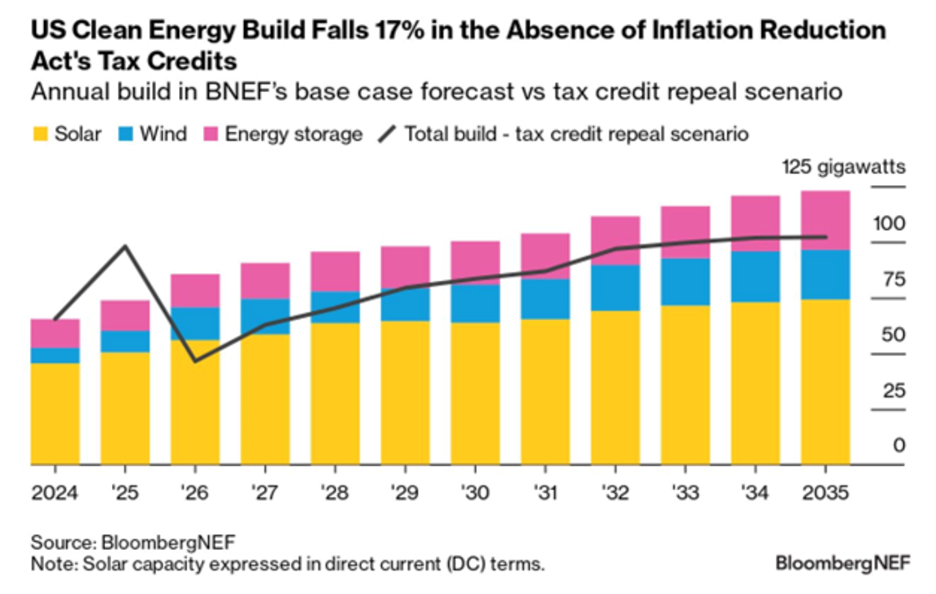Ecologists: Time to Understand Markets to Create Influence
- Gabriel Thoumi

- 23. Okt. 2023
- 2 Min. Lesezeit

Transforming the financial sector into a driver of positive change to promote nature-based solutions is one of the greatest challenges of our time. Academia stands to play a key role in what has been termed an all-of-society approach. However, scientists are often woefully unprepared to meet the demands and expectations of a sector they typically have very limited interactions with. Using academic knowledge to direct investment and produce tangible natural solutions is urgent to meet the goals of the Paris & Kunming-Montreal agreements for climate and biodiversity. ESG integration firms, such as Responsible Alpha, can help bridge this divide by leveraging our expertise in the finance and academic sectors.

Here are some key talking points for academics wanting to engage effectively with finance to keep in mind:
Definitions: Private sector (and others) will not have the same definitions for the words used in the public sector (e.g., risk, impact). I once heard two people discuss climate and ESG for an hour. They thought they agreed, yet they had different definitions: One included natural gas in their solution, one did not. There must be very clear definitions when communicating with the private sector.
Know your audience: Just like different sectors use their own definitions, each sector is looking for what they want to hear. The priorities of the public sector (often tied to election cycles) are different from the private sector. You must have a clear understanding of what your audience is looking for and what they will respond to.
Start Where is Easiest: The need is in the tropics yet (it may be easier) to ground truth processes for ecological data integration ("from scientist to Wall Street") in specific North American and EU geographies where there exists clear legal due diligence and pathways for recourse. In other words, show that it works in the easiest place first.
Misunderstanding the Change Agent: Do you really understand your change agent/counterpart and is this the appropriate division to talk to?
Approved Vendor: can the desired recipient receive the data due to due diligence, legal, and other risks?
Misunderstanding Careers: Just like private sector institutions assume "environmentalist" and "ecologist" are the same before understanding that there exist botanists, geneticists, etc. The parallel in the public sector is assuming all (e.g., capital markets) market functions are the same. Does your private sector counterpart have the ability to institute change?
False Parallels: Climate change has metrics such as Scope 1, 2, 3 (and its derivations) yet biodiversity risks are much more complex. Climate is global, biodiversity is local, just to begin with.
Data Governance: Is data governance consistent throughout the supply chain with metrics, confidence interval, and reporting periods the same?
Data Replicability: Is your data replicable?
Markets Like Routine, Not New: Saying "I have this new unique tool" will isolate you and make you a wall flower.
Adapting to the world of finance can be a challenging endeavor and keeping all these points in mind is not easy. Partnering with us is your shortcut to engaging with the financial sector. We speak both languages and are committed to accelerating the transition to a nature positive world. Let us support you in your mission and together we can create a tangible impact for people and planet.









Kommentare